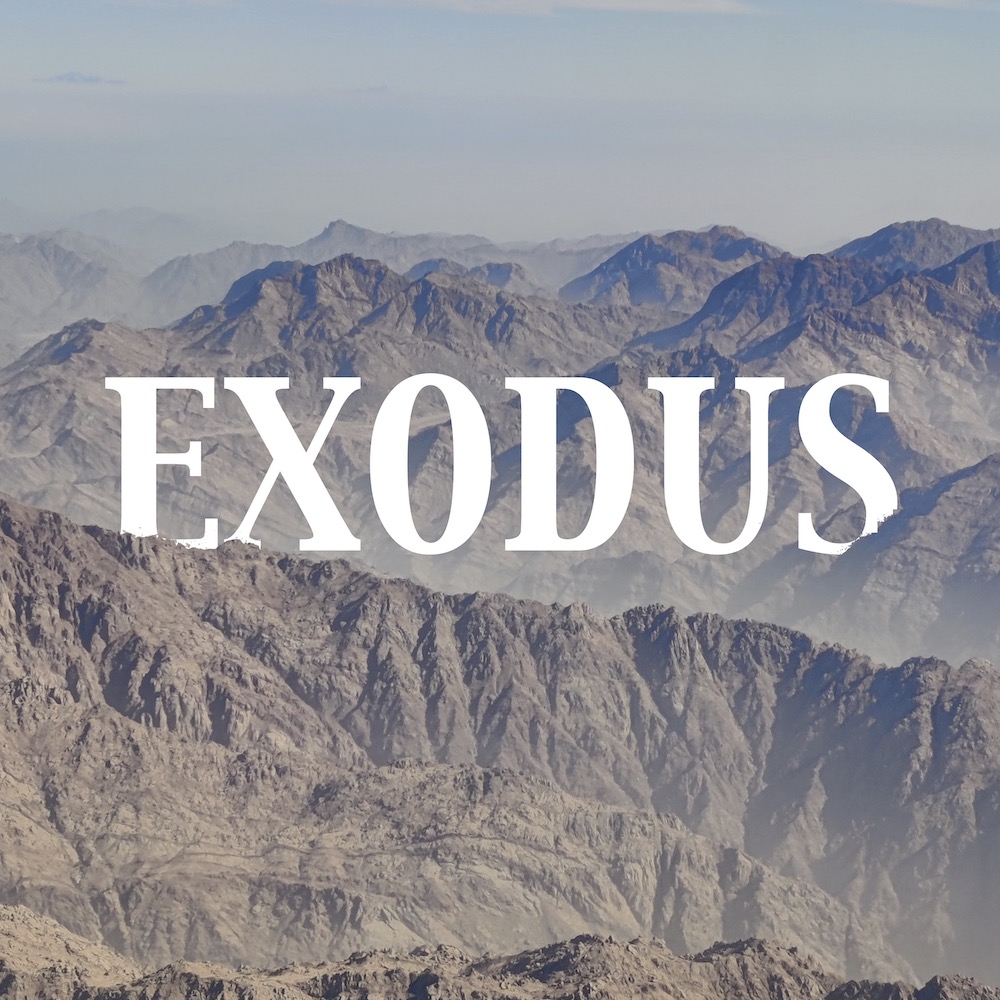
PREPARE YOUR HEART FOR THE SERMON BY LOOKING THROUGH THESE SUGGESTIONS THAT WILL ASSIST YOU IN MAKING THE MOST OF OUR TIME TOGETHER HEARING GOD'S WORD.
You will find suggestions for thinking more critically through the passage, meditating more intently on the text, and prayerfully seeking wisdom to deepen your understanding of the passage to be preached this Sunday.
Carefully Think
-
Read back over Exodus 5:19-23, and then read Exodus 6. How does the opening of chapter 6 connect to the close of chapter 5? How does God choose to answer Moses’s complaint?
-
What name did God reveal Himself by to Abraham, Isaac, and Jacob compared to Moses and the Israelites according to Exodus 6:2-3?
-
What seven things does God promise to do for Israel in Exodus 6:6-8? What is the significance of the “therefore” at the beginning of these promises in Exodus 6:6?
-
Why do the Israelites not listen to Moses in Exodus 6:9? How does this connect to chapter 5 and Pharaoh’s plan?
-
What names stand out in the genealogy of Exodus 6:14-27? What significance or influence do some of these people have in Israel’s history? See, for instance, Amminadab and Nahshon in verse 23 and Phinehas in verse 24.
-
What is the difference in the order of names in verses 26 and 27? What might be the reason for this difference?
Prayerfully Meditate
-
What is the difference between God’s name “the LORD” and “God Almighty”? Why is God making a distinction between them in His revelation to His people in Exodus 6:2-3?
-
What does it mean to “redeem” someone, as seen in verse 6? How does God redeem His people, Israel, in Exodus? How does God redeem His people, the church, in the Gospel?
-
How is God’s covenant faithfulness displayed in verse 6? How is His covenant love displayed in verse 7? How is His covenant promise displayed in verse 8?
-
Up to this point, the only other times the phrase “I am the LORD” has been spoken is Genesis 15:7 and Genesis 28:13. Look up these two verses and their context. What is God saying in these passages, and what is the significance of the sudden repetition of this phrase here in verses 2, 6, 7, 8, and 29?
-
Why does Moses choose to place a genealogy here in the middle of the narrative, bookended by his repeated complaint to God in verses 10-12 and 28-30? Why is this genealogy important to the Exodus story, to the Israelite readers, and to believers today?